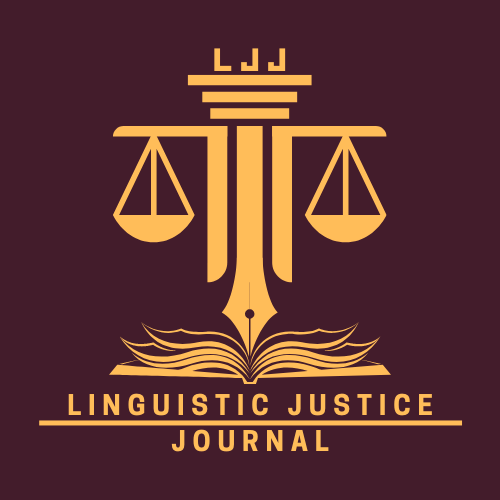By Anonymous
Growing up as an Arab Muslim in America, the Arabic language has always played a huge role in my life. My father is a Palestinian immigrant, and my mother, a first-generation Syrian-American, speaks perfect Arabic, so I hear them talk in Arabic all the time. I attended an Islamic private school for most of my life, in which I took Arabic classes every year and memorized the Quran. As a child, I used to sit with my grandmother in her living room as she watched her Syrian ~ musalsalat,~ or Arabic programs, on the TV.
Throughout my life, I’ve always had a particular interest in one certain aspect of Arabic: the wide variety of dialects and variations of the language. Since my father is Palestinian and my mother is Syrian, the difference in their dialects is very noticeable. Despite the fact that these are neighboring countries, the way they speak is vastly different, from certain names and phrases to the pronunciation of letters. I grew up much closer to the Syrian side of my family since my father’s family members all live in Palestine. I hung out with my Syrian cousins all the time, and most of the people I knew in my childhood, such as family friends, were Syrian. As a result, I just stuck with the Syrian dialect, and it is the country I culturally identify with.
I have had friends of different ethnicities who spoke differently and would sometimes make fun of my Syrian Arabic. What makes it different from other forms of Arabic is its pronunciation of some consonants and how the endings of certain words are pronounced. For example, a word ending in an “uh” sound would be spoken with an “eh” sound instead. The strong consonant ~qaf~ comes from the throat, but it goes from “qa” to a soft “ah” in most words. Because of this, and because of the light tone many Syrians use when they speak, this dialect is considered a bit more “posh” than the others. Another distinct dialect that has steered far from traditional, old Arabic is the Egyptian dialect, and it is just as unique as Syria’s. I’ve had a few Egyptian friends and my Arabic teachers were Egyptian, so I came to appreciate the way they speak. One prominent aspect is the pronunciation of any “j” sound, which turns into a “g.” Egyptians, by far, have one of my favorite Arabic dialects.
I find the subject of dialects so interesting because they can be so distinct that a person of one ethnicity may not even be able to understand someone from a different country despite the fact that they are speaking the same language. Certain names of things, such as traditional foods, might be completely different. This is where code-switching comes in. If I were to tell a Palestinian that I am eating grape leaves, I would have to say “warak dawali” instead of ~”yabra”~. I may also greet them differently; perhaps instead of the typical ~“Shlonik”~ I’d go with a “Keefik.”
Arabic, in general, is a beautiful language, and the fact that it varies on such a grand scale across the globe makes it all the more interesting. Meeting people of different ethnicities and visiting different countries can be a valuable experience. Although we may have different ways of speaking, behaving, and communicating, there will always be one thing in common, and that is the language of Arabic.
